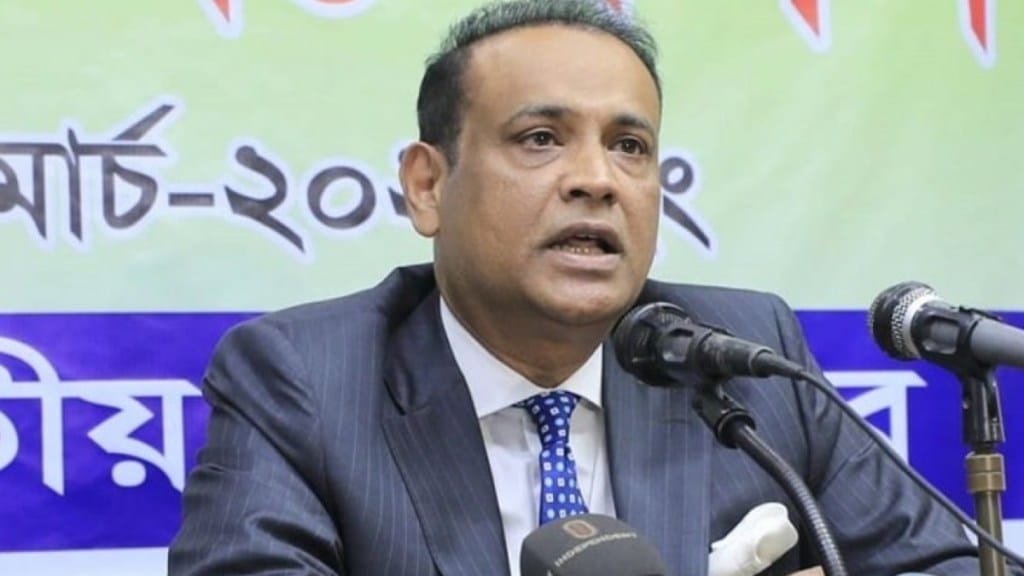Months after the removal of Bangladesh’s former Prime Minister Sheikh Hasina, the interim government has made her extradition from India a top priority. However, her return is just one aspect of a broader effort. Dhaka is also seeking to recover billions of dollars that, according to authorities, were siphoned out of the country by Hasina’s associates during her tenure.
A report by the Financial Times (FT) on February 28 spotlighted the acquisitions of former Bangladesh land minister Saifuzzaman Chowdhury, describing them as an “extraordinary real estate empire” amassed largely during his time as an MP in Hasina’s government. FT identified 482 properties purchased by Chowdhury or his close family between 1992 and 2024, valued at a minimum of $295 million. This makes him one of the key figures in anti-corruption investigations spearheaded by Nobel laureate Mohammad Yunus, the head of the interim government. The investigation is particularly focused on the period from 2009 to 2024, when Hasina served an uninterrupted second term as prime minister.
A global real estate footprint
Chowdhury’s properties span high-profile locations, including Dubai’s Burj Khalifa district, the artificial Palm Jumeirah archipelago, and residential flats in London’s commuter towns. His real estate acquisitions surged after he was appointed land minister in 2019, FT reported.
Before assuming that role, Chowdhury had served as an MP for over five years. In 2023, he declared assets worth $2.3 million to Bangladesh’s parliament. However, his last known income tax return from 2017 did not indicate any foreign earnings. FT also noted that other Bangladeshi elites under scrutiny are estimated to have acquired properties worth $578 million across countries such as Singapore and Canada.
Political ties and controversies
Chowdhury’s father, Akhtaruzzaman, was a politician affiliated with the Awami League and a “close confidant” of Hasina, according to FT. He was a founding board member of United Commercial Bank (UCB) and was allegedly involved in violent incidents related to the bank, including the 1993 murder of its founding chairman. The interim government reportedly views this as a precedent for the forcible takeovers of other banks in Hasina’s final years in power.
Allegations of systematic money laundering
A report commissioned by Mohammad Yunus claims Bangladesh lost “$16 billion annually to money laundering” under Hasina’s rule from 2009 to 2024. Yale professor Mushfiq Mobarak told FT that politicians linked to Hasina allegedly allowed their associates to seize control of major commercial banks, from which they funneled “billions of dollars through ‘loans’ that were never repaid.” In return, these associates reportedly gifted politicians with luxury real estate abroad.
A widening probe
The interim government has enlisted international consulting firms Deloitte, EY, and KPMG to conduct an asset quality review of Bangladesh’s banks. Joint investigative teams have also been formed to track the wealth of ten leading families, as well as Hasina’s own assets. While officials have not named individuals publicly, FT reports that Bashundhara Group chairman Ahmed Akbar Sobhan and S Alam Group chairman Saiful Alam are among those under scrutiny.
Yunus has suggested that substantial funds have been moved to Canada, while Bangladeshi elites have also invested heavily in Dubai—where asset recovery efforts are expected to be particularly challenging.


